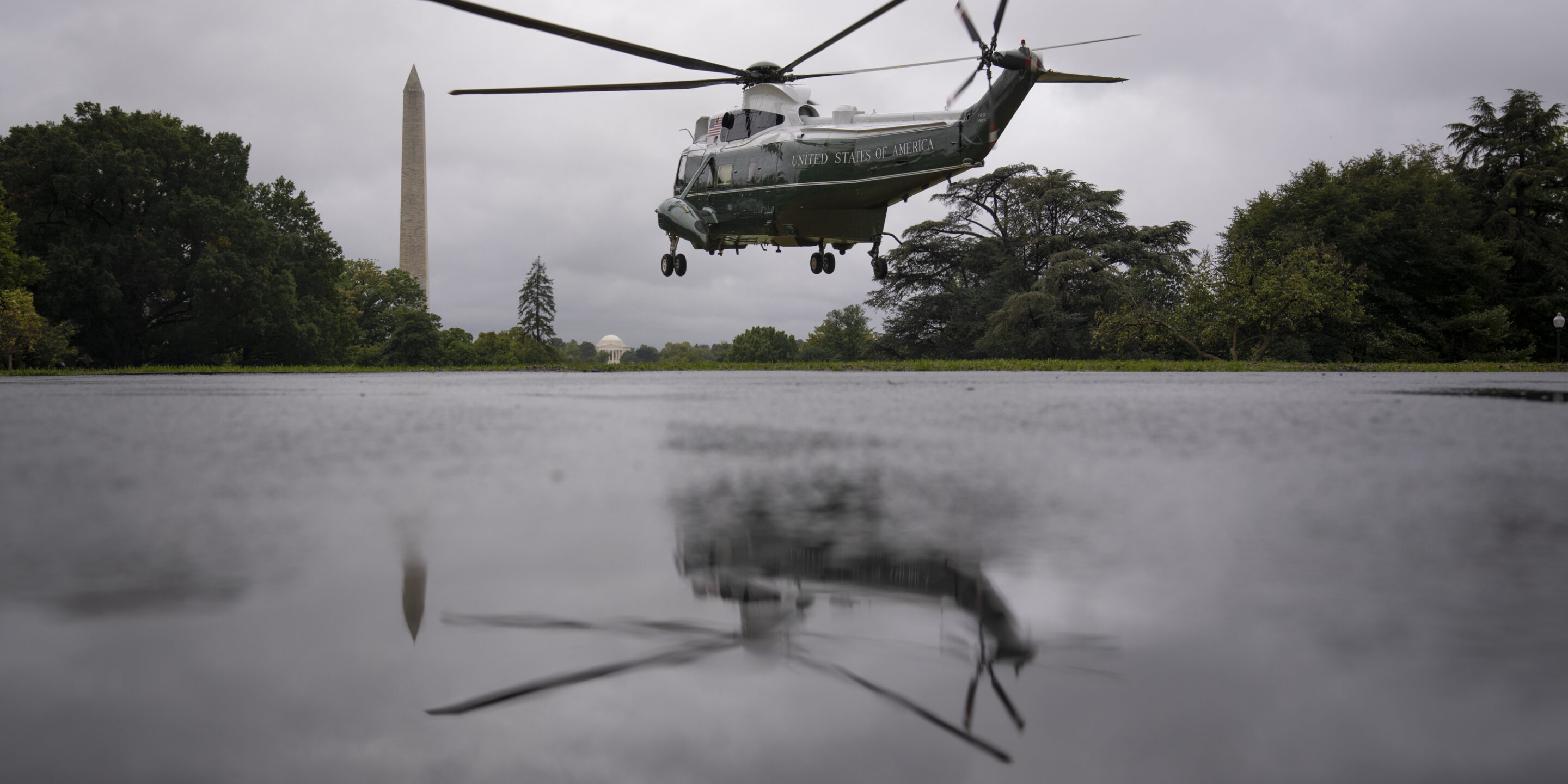October 28, 2024
Biden’s foreign policy meant little more than retreat, equivocation, and surrender

All presidents vacate the White House hoping to be remembered in the history books. Many past holders of the office have succeeded in this endeavour.
Richard Nixon, most remembered for resigning in disgrace after the Watergate scandal, was nonetheless a savvy foreign policy operator who promoted détente with the Soviet Union and turned the page on US relations with China. Jimmy Carter, caricatured as one of America’s worst commanders-in-chief, brokered the Camp David Accords that established peace between Israel and Egypt after multiple wars between them. Ronald Reagan presided over landmark arms control agreements with the Soviet Union; George H W Bush will be remembered for the resounding US victory in Operation Desert Storm. Barack Obama and Donald Trump had their own signature diplomatic initiatives, the Iran nuclear deal and the Abraham Accords respectively.
President Joe Biden’s four years are different. It’s difficult to parse through his record and come away with a memorable foreign policy accomplishment. Asked to name one, Biden’s supporters frequently tout the president’s mastery in alliance building, particularly in Asia, where US relations with Japan, South Korea, Australia and the Philippines all improved under his watch. Ties between the US and Germany are far better today than they were four years ago. And to Biden’s credit, US troops are no longer fighting a pointless, unending counterinsurgency against the Taliban in Afghanistan that drained US military resources and distracted Washington from more important national security priorities.
More on Western Hemisphere

April 10, 2025

By Erik Gartzke
April 7, 2025

Featuring Daniel DePetris
April 3, 2025

Featuring Jennifer Kavanagh
March 28, 2025
Events on Grand strategy





